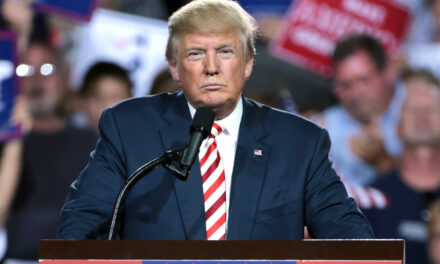Prince Harry, known for his openness about personal experiences, has stumbled upon an aspect of his life that he has chosen not to share publicly. The revelation has sparked intrigue and speculation among royal watchers and the media, who are left wondering about the nature and significance of this undisclosed facet.
Throughout his life, Prince Harry has been candid about various aspects of his personal journey, including mental health struggles, his relationship with his family, and his experiences in the public eye. However, his recent discovery of a topic he has opted to keep private marks a departure from his usual openness.
While the exact details of this undisclosed aspect remain unknown, speculations abound regarding its nature and significance. Some speculate that it could be a deeply personal matter involving relationships or family dynamics, while others suggest it could pertain to sensitive issues he wishes to shield from public scrutiny.
Prince Harry’s decision to maintain privacy in this area of his life has garnered mixed reactions. Supporters argue that everyone is entitled to boundaries and personal space, even public figures, and that his choice should be respected. They assert that the constant scrutiny and invasive nature of public life necessitate such personal boundaries.
Critics, on the other hand, argue that Prince Harry’s decision contradicts his previous advocacy for openness and transparency, raising questions about consistency and authenticity. They contend that his public role as a prominent figure carries certain responsibilities, including sharing personal experiences that may resonate with and inspire others.
As Prince Harry’s undisclosed aspect of his personal life continues to remain private, it serves as a reminder that even individuals in the public eye have personal boundaries and aspects they choose not to divulge. Respecting these boundaries can help foster a healthier discourse around public figures’ personal lives and reinforce the understanding that everyone deserves their privacy, regardless of their status.
















